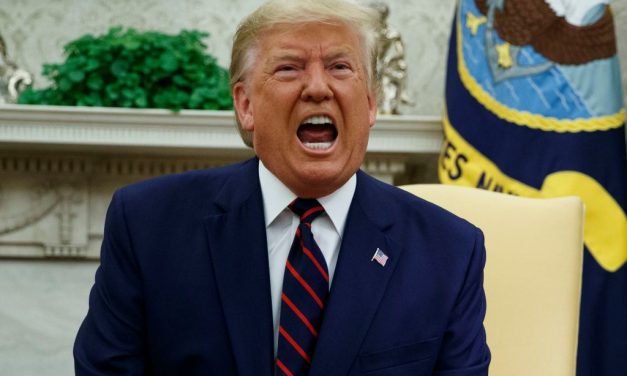Month: October 2020
Pompeo Under Investigation as Administration Politicizes the Federal Workforce
Posted by BooMan | Oct 28, 2020 |
The Secretary of State’s political activities are under scrutiny as Trump removes protections for policymaking executive branch employees.
Read MoreMidweek Cafe and Lounge, Vol. 185
Posted by Don Durito | Oct 28, 2020 |
Hi y’all. This is the last Wednesday before the election, and hopefully by the next...
Read MoreOne Week From Election Day, Trump Looks Like Burnt Toast
Posted by BooMan | Oct 27, 2020 |
Supporters of the president are hoping the polls are wrong, but if they are they’re probably underestimating how badly he will lose.
Read MoreNo, Lindsey Graham Doesn’t Have a 79 Percent Chance of Winning
Posted by BooMan | Oct 27, 2020 |
Polling averages are easily distorted by political operatives.
Read More
Recent Posts
- Day 14: Louisiana Senator Approvingly Compares Trump to Stalin
- Day 13: Elon Musk Flexes His Muscles
- Day 12: While Elon Musk Takes Over, We Podcast With Driftglass and Blue Gal
- Day 11: Harm of Fascist Regime’s Foreign Aid Freeze Comes Into View
- Day 10: The Fascist Regime Blames a Plane Crash on Nonwhite People





